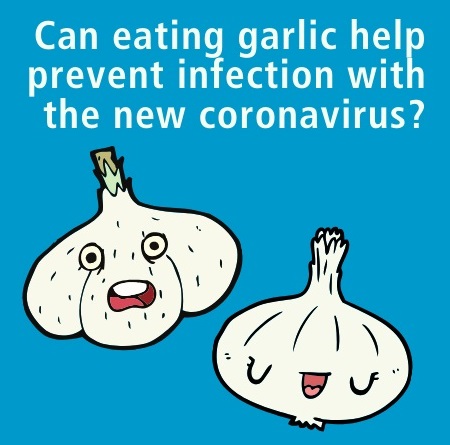It might sound counterintuitive, but the controlled distribution of fake news could be effective in mitigating growing infodemic, denialism, and conspiracy theories.
In the last few years lot of research was made around opinion bubbles, fake news origin and viralisation, and truthers. However, a final solution for disinformation has not been identified yet: censorship doesn’t work, debunking is not enough, media literacy helps but requires too much time.
What if we used fake news? That’s the insight behind the inoculation theory, developed more than 50 years ago by the William J. McGuire, social psychologist and expert in persuasion mechanisms. McGuire started by observing some US prisoners of war who, when given the opportunity after the Korean War, elected to remain with their captors. He investigated what ignites resistance to persuasion, which elements can make an attitude or an opinion strong enough to become impenetrable to any counterargument.
The mechanism McGuire suggested is more or less like medical inoculation. In a nutshell, to protect ourselves against seasonal flu, we are exposed to a weakened form of the virus, but strong enough to trigger a response and the production of antibodies. In the same way, the theory exposes receivers to a weakened storytelling of a certain topic, triggering a process of counterargument which confers resistance to later, stronger persuasive messages.
The theory has been applied in a number of political and societal contexts, but a recent paper by Josh Compton, Sander van der Linden, John Cook, and Melisa Basol provides valuable examples of its successful use to generate resistance against scientific disinformation.
Let us consider climate change: although the scientific community have a clear agreement around global warming causes and effects, there is someone who is still telling thousands of scientists deny the climate emergency. Researchers tested the inoculation of controlled fake news and exposed a group of receivers to a denial petition signed by 31,000 experts, and a second group of people to the same petition but adding that many of the signatories were fake and 31,000 only represents an irrelevant quota of US science graduates. Both inoculations proved to be effective, as participants maintained their pro-science opinions. Similar results happened in repeated tests under different conditions, always protecting people’s beliefs about the scientific consensus, including belief certainty.
The inoculation theory seems to be effective even in creating resistance against No Vax pressure: this was confirmed through some tests on young women who had positive pre-existing attitudes towards anti-HPV vaccines and groups of parents looking for their kids to be vaccinated. After being exposed to a series of attack messages questioning vaccines’ safety and efficacy, they didn’t step back from immunization.
In other studies on controversial and contested scientific issues such as consumer confidence in agricultural biotechnology or the experimentation on animals for research, the controlled distribution of fake news was effective in conferring greater resistance to manipulative messages – using either rational or emotional arguments.
Although extant empirical findings are promising, there is some skepticism on this theory and further, large-scale tests should be completed before assuming it is 100% valid. Main criticism is about the type of fake news to be used and when (prophylactic is better than therapeutic inoculation?), possible target audience (does it work on active receivers only, or does it have a halo effect on passive audience?), and the source of inoculation (who should deliver or administer the inoculation?).
But the theory is fascinating as it suggests an innovative way to generate a sort of ‘herd immunity’ in specific communities, increasing their resistance to persuasive disinformation. As fake news is replicated and viralized quicker than true information, campaigns aimed at favoring pro-society and pro-science attitudes might try this approach to train opinion leaders with so strong beliefs to succeed in front of any counterargument – and maybe become influencers.



